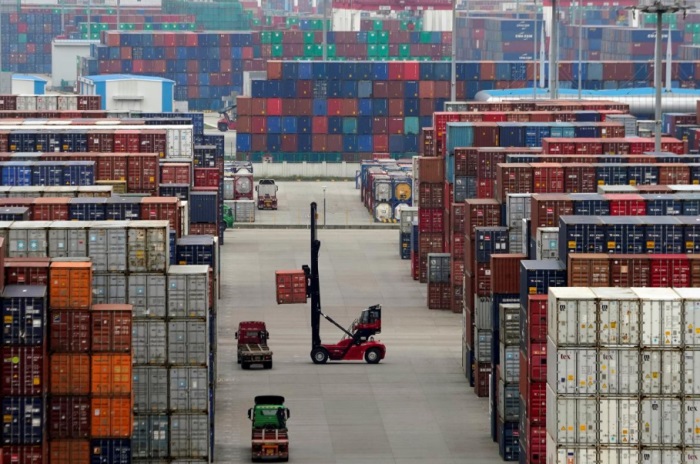New negative list nails down rules nationwide
China Daily | Updated: 2018-12-26 08:41

The rolling out of a negative list for market access nationwide on Tuesday is another significant move to open up the Chinese market to domestic and overseas investors.
Many foreign companies with investments in China have gained handsomely from the country's economic development. Still, some foreign enterprises have complained about a lack of unified regulatory rules that they can follow when doing business in the country.
Without such rules, they say, they do not know which industries they can invest in and which they cannot, and they can be subject to the willful regulatory moves of some local government agencies.
The release of a nationwide negative list for market access will solve this problem and protect the legitimate interests of all types of enterprises, thus promoting a fair and healthy business environment.
Applicable to all types of companies, whether foreign, private or State-owned, the negative list outlines sectors, fields and businesses off-limits to investors.
China has made continual efforts over the past 40 years to open up its economy to foreign investors and allow private enterprises to grow as it builds its socialist market economy.
As part of these efforts, the government started to pilot the negative-list approach in 2016 in the country's four provincial regions with free trade zones, and the pilot was extended to another 11 provincial regions last year.
The new national negative list system is not a makeshift move, it is part of the country's efforts to build a more accommodative and consistent rules-based socialist market economy that provides a level playing field for all investors. Such negative lists are already in place in many advanced economies such as the United States, Japan and the European Union.
It is anticipated that China's national negative list will boost investor confidence and so help usher in more capital from foreign investors and encourage domestic companies to make investments. Especially since the unified regulatory system reduces the number of areas prohibited to investors.
The formal version of the negative list for market access consists of 151 items and 581 specific rules, down by 177 and 288, respectively, compared with the previous draft, testifying to the country's willingness to open up its economy wider and allow the market to play a larger role in the allocation of resources.
In this vein, officials have reportedly vowed to further shorten the negative list and it is expected that the country's regulatory regime for investments will be liberalized further.
























